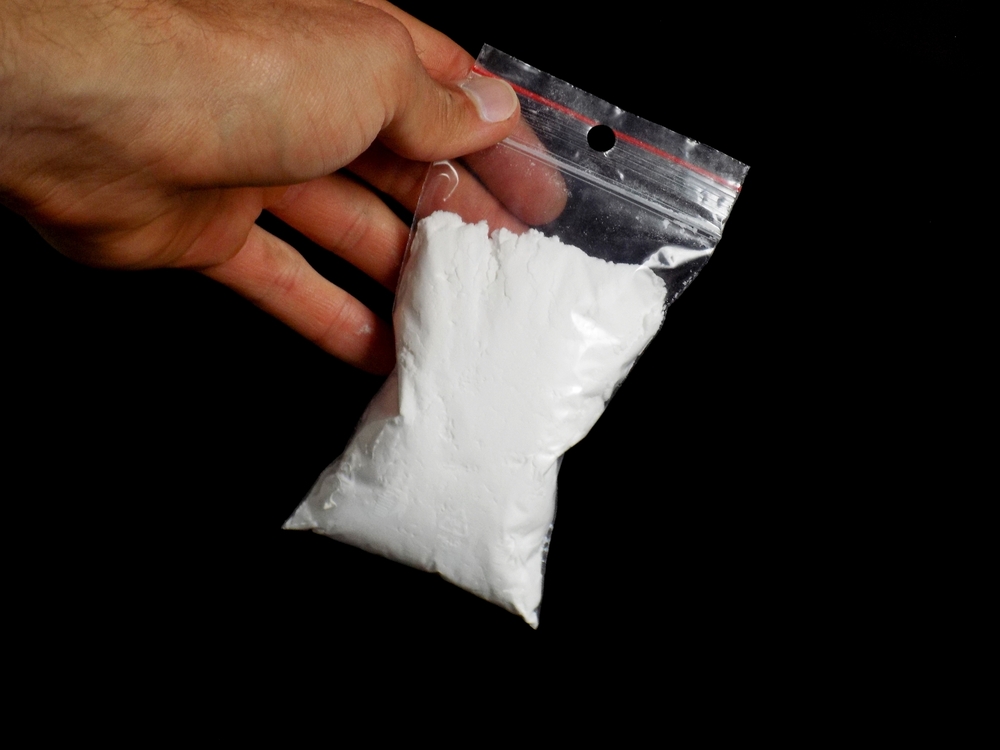
Amid Kentucky’s ongoing drug epidemic, state Gov. Matt Bevin has signed emergency legislation in a bid to get a hold on the issue.
Local news outlet WKTY reported that Bevin’s regulation permitted Kentucky’s Cabinet for Health and Family Services to ban the designer drug “Pink,” making it a Schedule I controlled substance and applying criminal drug penalties to anyone who possesses or sells it. The cabinet may also automatically take any synthetic substance or other illegal drug that is scheduled on the Federal Register and place it in the same drug class in Kentucky. Previously, the regulation issue was required to be re-opened every time a new synthetic substance was discovered.
“New illicit deadly drugs are making their way into our communities and destroying lives,” said the governor in a news release. “We intend to eradicate this epidemic, and this executive order gives our law enforcement officers the immediate support they need to help save lives.”
Van Ingram, executive director of Kentucky’s Office of Drug Control Policy, said that the emergency regulation was especially crucial for Pink, which authorities only first noticed in the state this year.
“This is not something that’s safe, this is not something you need to be using,” said Ingram. “This is not a drug that’s ever been approved for human consumption. This is produced in back-alley laboratories.”
Heroin has also been a major issue throughout the state. The 2015 Kentucky Health Issues poll found that 35% of adults in Northern Kentucky knew someone with problems stemming from heroin use. A 2015 year-end report from St. Elizabeth’s Healthcare found that ER staff treated 1,168 overdoses, a 57% increase over 2014 numbers.
However, Kentucky has taken a proactive approach when addressing this problem. Last year, the state responded to growing rates of drug-fueled hepatitis B cases by passing a law allowing local communities to establish needle exchange programs if they wish to do so. Ingram noted that “nine in 10 people who abuse prescription pills or heroin are injecting them intravenously, and many are using dirty needles.”
Some communities are even encouraging children to get involved, with children as young as age nine learning how to administer naloxone in the event of an overdose.
